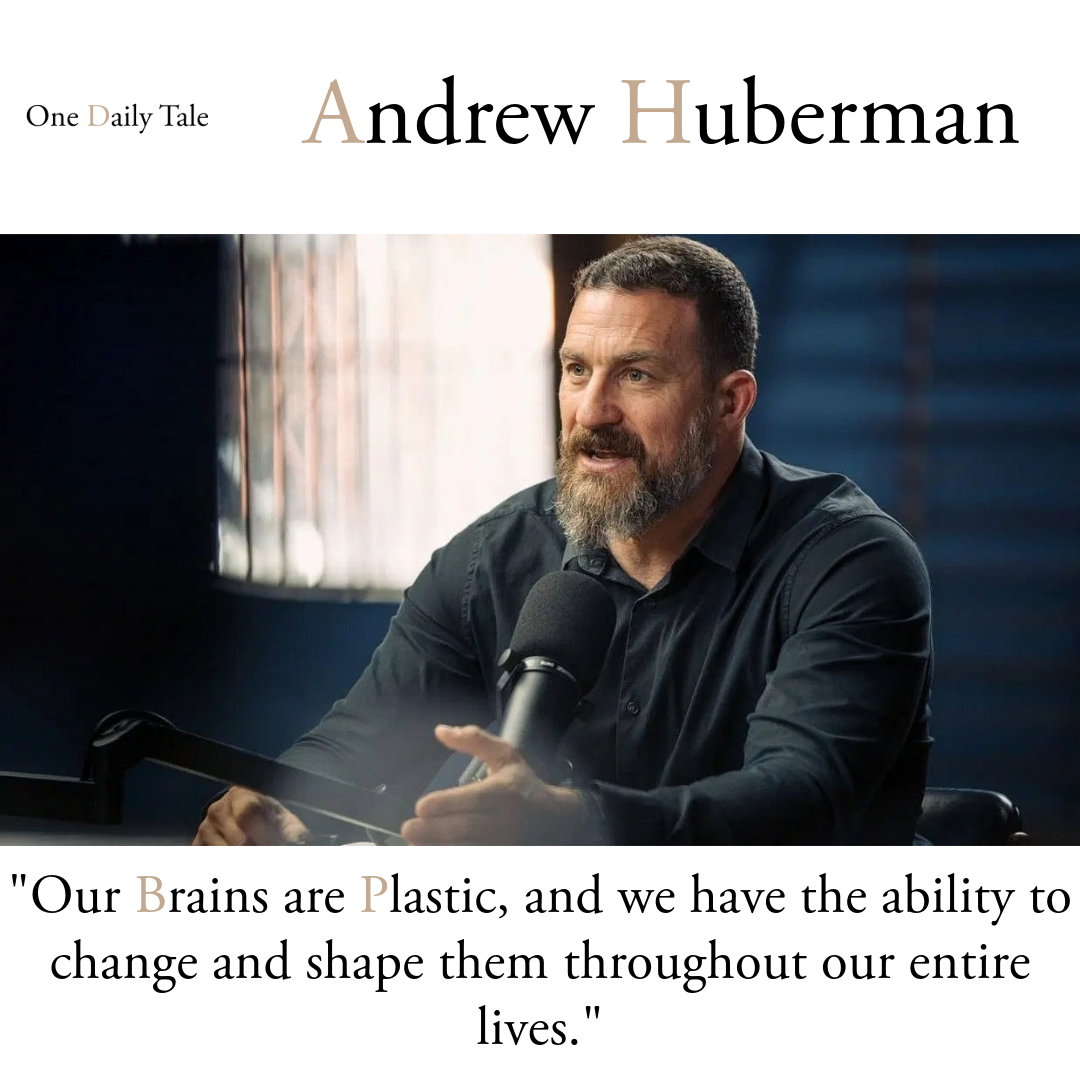

Our latest posts
-

Nirvana: A Band That Highlighted the Issues of Our Society
You need to be logged in to view this content. Please Log In. Not a Member? Join Us
-

How the Rush Hour series successfully breaks prejudiced concepts and promotes unity
You need to be logged in to view this content. Please Log In. Not a Member? Join Us
-

-

Breath of Fire 2: How Can This Masterpiece Teach Us About Embracing Differences Instead of Creating Fake Enemies?
You need to be logged in to view this content. Please Log In. Not a Member? Join Us
-

La Haine: How extreme points of view are not the solution to solve issues at their core
You need to be logged in to view this content. Please Log In. Not a Member? Join Us
-

Thermae Romae: How Mixing Different Cultures Can Bring New Ideas to Life
You need to be logged in to view this content. Please Log In. Not a Member? Join Us
-

-

Leave a Reply
You must be logged in to post a comment.